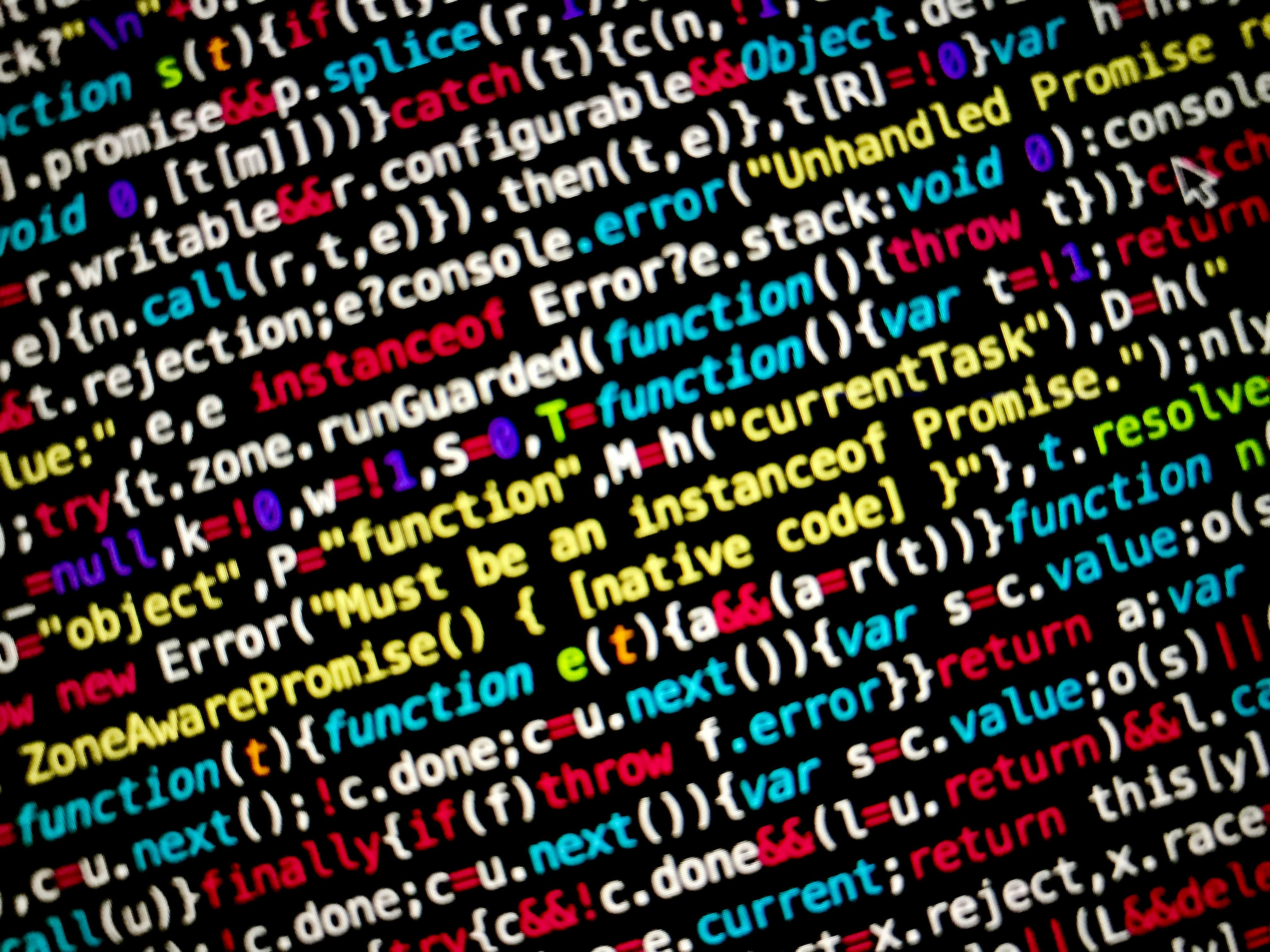OpenAI Embraces Public Benefit Corporation (PBC) Model
CEO of OpenAI endeavoring to construct a global brain, restructures company framework
After a strategic reconsideration, OpenAI announces a significant shift in its corporate structure. The pioneering AI company plans to convert its for-profit arm into a Public Benefit Corporation (PBC), with its nonprofit division retaining control over the new entity.
A New Strategy for Operational Control
This change comes as a departure from an earlier proposal to fully adopt a for-profit model [1]. By opting for a PBC, OpenAI ensures its nonprofit sector remains at the helm of business activities, preserving the organization's original vision and intent.
Engaging with Regulatory and Community Stakeholders
The decision to adopt a PBC model followed consultations with community leaders and discussions with Attorneys General in Delaware and California [1]. This move likely signifies a stronger alignment with regulatory and community expectations.
Balancing Profit and Public Interest
With the PBC structure, OpenAI seeks a happy medium between financial gain and public responsibility. This transition allows the company to generate profits while maintaining a commitment to public welfare in crucial areas such as healthcare, education, and science [1].
Expanding AI Capabilities and Accessibility
Capital Attraction and Research
Though not fully transitioning to a for-profit model, OpenAI remains determined to attract investments for growth [1]. Its primary focus remains on enhancing AI research and development, a goal that should be further facilitated by the PBC structure and the organization's nonprofit influence.
Democratizing AI
As a PBC, OpenAI is poised to prioritize public benefit alongside profits. This focus may translate into efforts to make AI tools more accessible to diverse sectors and communities, amplifying their impact in vital fields such as healthcare and education [1].
Continued Community Engagement
With a strong nonprofit component, OpenAI intends to maintain active engagement with community leaders and regulatory bodies. This ongoing collaboration is expected to contribute to strategic decisions ensuring AI solutions serve a broad audience effectively.
OpenAI's choice to capitalize on a PBC model represents a clear commitment to preserving its mission-oriented strategy while navigating the need for financial sustainability. This strategy enables the company to cultivate AI's potential while ensuring its applications align with public welfare and community needs.
[1] Data derived from enrichment.
- OpenAI, an AI company, has announced a major restructuring, deciding to convert its for-profit arm into a Public Benefit Corporation (PBC).
- This change enables the nonprofit division to maintain control over the new entity, preserving the organization's original vision and intent.
- The decision to adopt the PBC model follows consultations with community leaders and discussions with Attorneys General in Delaware and California.
- The PBC structure allows OpenAI to strike a balance between financial gain and public responsibility, focusing on areas such as healthcare, education, and science.
- OpenAI remains determined to attract investments for growth, aiming to expand AI capabilities and make AI tools more accessible to diverse sectors and communities.
- As a PBC, OpenAI is poised to prioritize public benefit alongside profits, potentially amplifying the impact of AI in vital fields like healthcare and education.
- With a strong nonprofit component, OpenAI intends to maintain active engagement with community leaders and regulatory bodies to ensure AI solutions effectively serve a broad audience.




